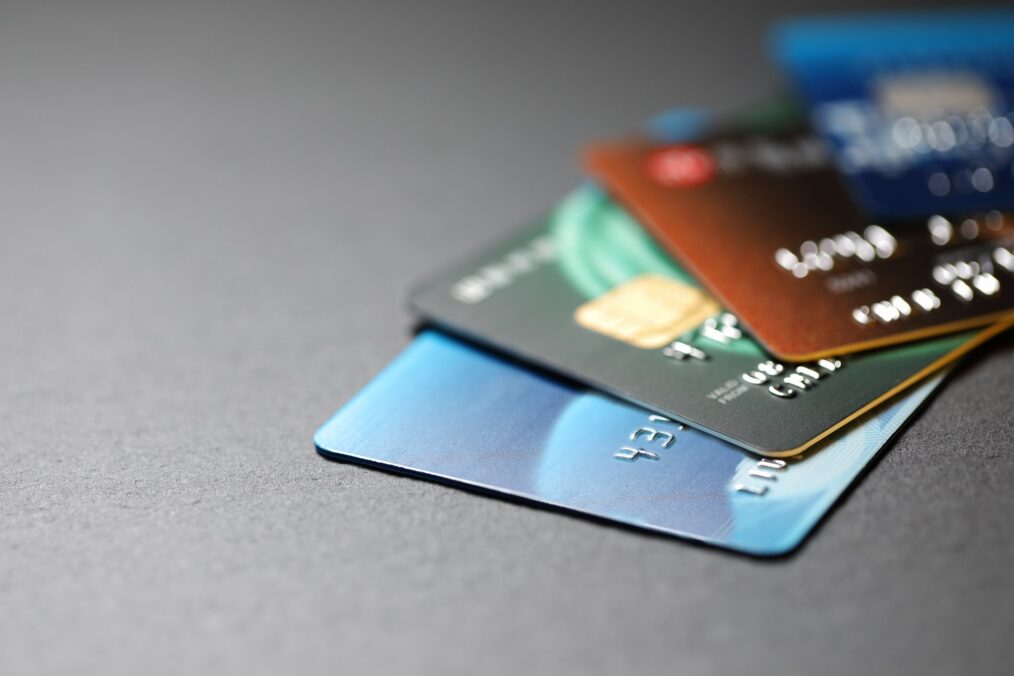With payroll cards, employees’ wages are loaded onto a prepaid debit card that works like an ATM or credit card. They can access their funds at any full-service bank that accepts the card’s payment network.
While payroll cards can provide advantages for employers and employees, they have drawbacks. Read on to learn more about them.
Easy Access to Paychecks

Payroll cards offer employees instant access to their paychecks. Unlike paper checks, which can take days to clear and deposit into employees’ bank accounts, the best payroll card for employees provides immediate access to wages, eliminating the need for check cashing fees and allowing employees to pay bills on time, shop online or through apps, and manage their expenses more efficiently.
Additionally, payroll cards, including grocery stores, gas stations, and retail outlets, can be used anywhere that accepts debit card payments. Moreover, many modern payroll cards support contactless payments, meaning an employee can use the card to purchase goods and services simply by tapping it on a payment terminal or mobile app.
Finally, most payroll cards don’t incur any administrative costs for employers. Payroll cards are a cost-effective alternative to paying employees with traditional methods like paper checks and direct deposits.
While payroll cards are convenient for all types of employees, they may be accommodating for low-income workers and minorities. According to the FDIC, about 8 million households lack a bank account, while another 24 million are underbanked and use financial products outside the banking system. When these employees receive their salaries through a checking account, they have to wait days for the money to transfer into their accounts and often must pay hefty check-cashing fees to get the funds they need.
Convenience

Payroll cards provide a convenient way for businesses to compensate employees, especially those who don’t have bank accounts or work temporary jobs that don’t allow for direct deposit. These prepaid cards function like debit cards and can be used anywhere that accepts card payments, including grocery stores, gas stations, restaurants, and online.
This payment option can save companies money on processing fees and overhead costs associated with paper checks. It also reduces the need for costly supplies such as envelopes, ink, and paper. Payroll cards can be reloaded as soon as the payroll is processed, which can also help small business owners manage their cash flow.
While an employee can cash their check, the cost can be high at check-cashing locations, often ranging from 1% to 10% of the total check amount. This can hurt their financial wellness, making payroll cards an ideal alternative.
The convenience offered by payroll cards can boost an employee’s satisfaction with their employer and financial situation. For instance, avoiding expensive check-cashing fees and shopping online can increase employees’ confidence that they can afford basic living expenses. Many payroll card programs also offer tools to help employees budget their spending and savings goals. This boosting of an employee’s financial wellness can result in increased productivity and morale.
Increased Employee Satisfaction

Payroll cards, also known as reloadable payroll debit cards, are an increasingly popular way for small businesses to offer their employees the convenience of direct deposit while providing a flexible and accessible way to withdraw cash and make purchases. These cards work the same as a standard bank account debit card and can be used anywhere that accepts the same debit card brand. They can also be reloaded with money after a paycheck and have features like ATM withdrawals, cash back at stores, and online shopping. However, there are fees associated with payroll cards that are different from those of direct deposit, such as an inactivity fee, an activation fee, a lost or stolen card replacement charge, a balance inquiry at the ATM, and a transaction fee for each purchase.
Payroll cards offer employers a cost-effective way to compensate employees while saving on direct deposit fees and paper check overhead. They provide a secure alternative to paper checks. They can help reduce costs related to reconciliation against the payroll disbursement account and expenses associated with extraordinary disbursements such as final paychecks.
In addition, payroll cards help reduce the risk of fraud and theft, as they don’t require an employee to hand over their bank information to the employer. Payroll cards are regulated at the federal level for fee disclosures and liability protection for the employer and the cardholder.
Boost Financial Wellness

In addition to convenience, payroll cards can potentially boost employees’ financial wellness. Employees who are less stressed about money tend to be happier and more productive on the job. They don’t have to worry about making it to the bank before closing or running out of cash at the grocery store. Having their paycheck loaded directly onto a card also means they won’t have to deal with the hassle of lost or stolen checks.
The best payroll cards function like a debit card and can be used anywhere that accepts Visa or Mastercard payments. This allows employees to avoid carrying large sums of money in their pockets and avoid fees associated with checking accounts, such as minimum balance requirements, annual maintenance charges, and transaction charges for essential services. In addition, many payroll card providers offer a free account management app, unlimited balance transfers, and refunds on unauthorized transactions or errors.
Employees increasingly seek to improve their financial wellness, which can impact their work performance and quality of life. Research shows that financially secure employees are less likely to call in sick and more likely to save for emergencies. For small businesses, payroll cards can effectively improve workers’ financial health and overall satisfaction at work.




